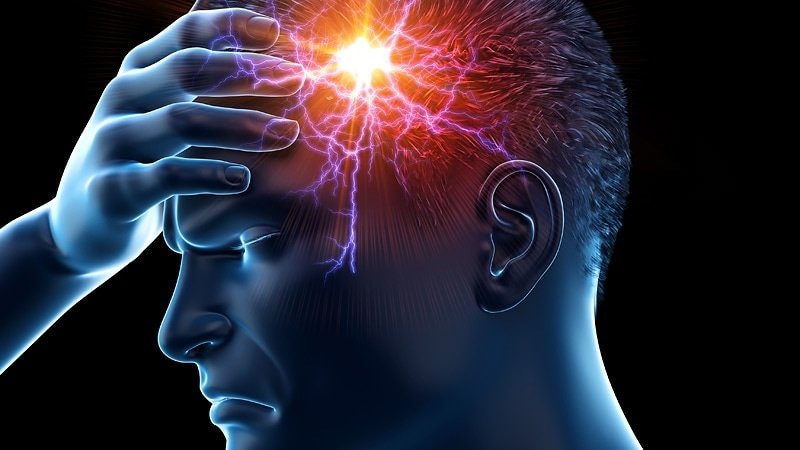Migraines are a common and debilitating condition that affects millions of people around the world. Characterized by intense headaches, sensitivity to light and sound, and nausea, migraines can significantly impact a person's quality of life. If you're struggling with migraines, you're not alone. In this comprehensive guide, we'll explore the causes of migraines, the various triggers, and the most effective treatments for managing this condition.
Understanding the Causes of Migraines
The exact cause of migraines is not fully understood, but it's believed to be related to changes in the brain and the blood vessels surrounding it. Factors that may contribute to migraines include:
- Genetics: Some people may have a genetic predisposition to migraines.
- Hormonal changes: Women may be more likely to experience migraines during their menstrual cycle, pregnancy, and menopause due to fluctuations in hormones.
- Environmental factors: Certain environmental factors, such as changes in weather, bright lights, and strong smells, may trigger migraines in some people.
- Stress: Stress can be a major trigger for migraines, and managing stress levels may help to reduce the frequency and severity of migraines.
- Food triggers: Certain foods, such as red wine, chocolate, and processed foods, may trigger migraines in some people.
Identifying Your Migraine Triggers
One of the most effective ways to manage migraines is to identify and avoid your triggers. Keep a migraine diary, where you can record the date, time, and severity of each migraine, as well as any potential triggers, such as food, stress, or environmental factors. This can help you to identify patterns and make changes to your lifestyle and diet to reduce your migraine frequency.
Treatments for Managing Migraines
There is no cure for migraines, but there are a number of treatments that can help to manage this condition. The following are some of the most effective treatments for managing migraines:
- Medications: Over-the-counter pain relievers, such as ibuprofen and acetaminophen, can help to relieve headache pain. There are also prescription medications, such as triptans, that are specifically designed to treat migraines.
- Lifestyle changes: Making changes to your lifestyle, such as reducing stress levels, practicing good sleep habits, and avoiding your triggers, can help to reduce the frequency and severity of migraines.
- Relaxation techniques: Practicing relaxation techniques, such as yoga, meditation, and deep breathing, can help to reduce stress and prevent migraines.
- Alternative treatments: Alternative treatments, such as acupuncture and chiropractic care, may also help to relieve migraine pain and prevent migraines.
Living with Migraines
Living with migraines can be a challenge, but with the right treatment plan, you can manage this condition and live a full and active life. Don't be afraid to talk to your doctor about your migraines and the treatments that may be right for you. Remember, the more you know about migraines, the better equipped you'll be to manage this condition and break the cycle of pain.
In conclusion, migraines are a common and debilitating condition, but with the right treatments and lifestyle changes, it's possible to manage this condition and live a full and active life. So, don't hesitate to reach out to your doctor for more information and support, and let us know how you're managing your migraines!
